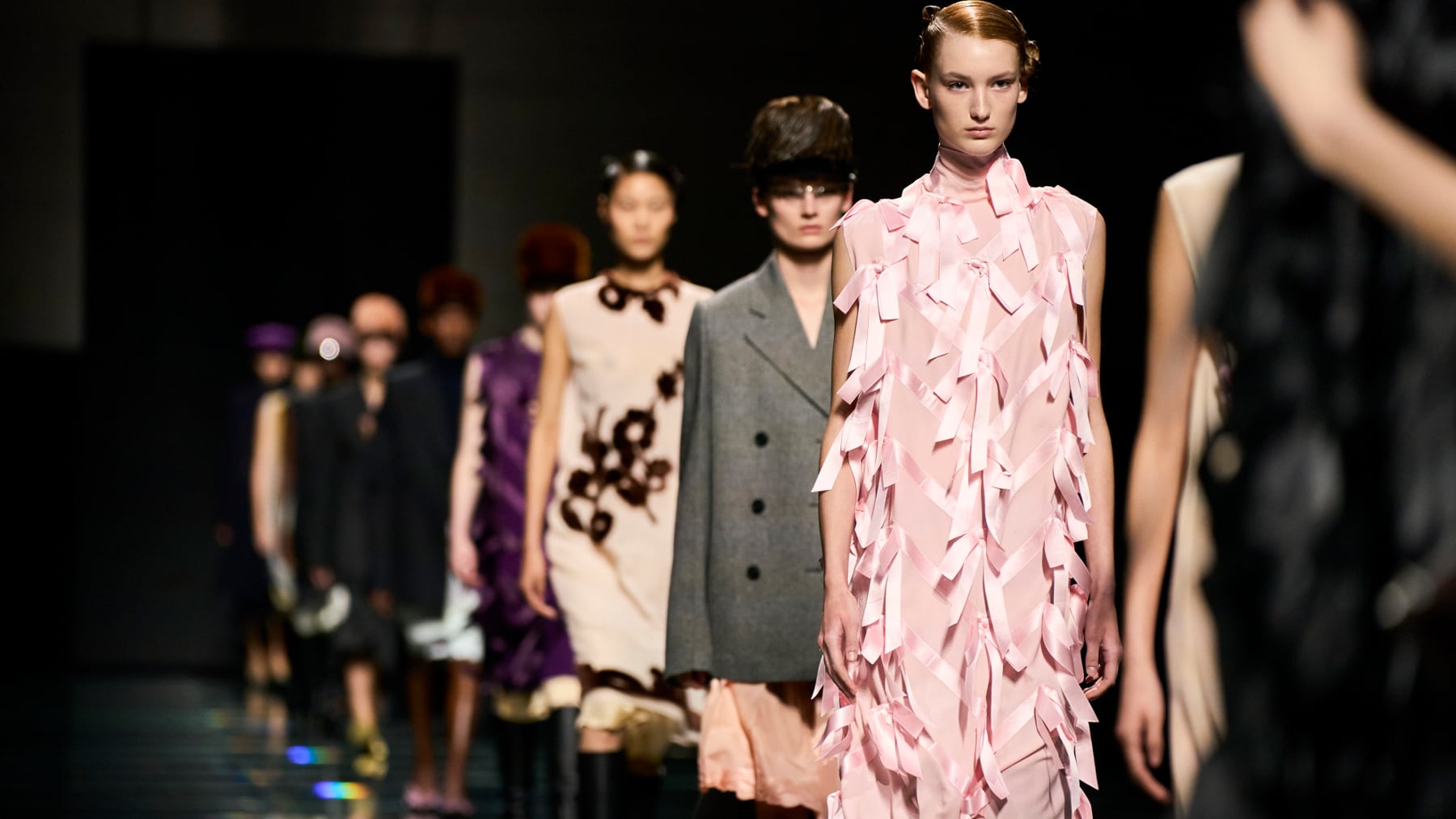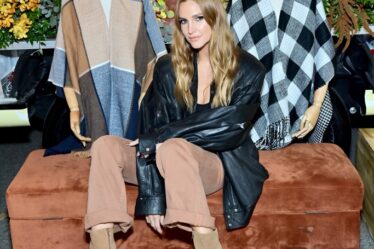
Retail earnings season has been grim, with storied brands from Nike to Gucci-owner Kering reporting steep declines in sales. This week, perhaps we’ll see a change in the mood. An eclectic group of companies have managed to defy the gloom that’s settled in over much of the industry, several of which are set to report third-quarter results in the coming days. That includes a resurgent Adidas (results out Tuesday) and luxury stalwarts Prada Group (Wednesday) and Moncler (Tuesday), but also the oft-overlooked denim seller Kontoor Brands (Thursday), and the eternally popular Crocs (Tuesday).
Though they operate in different categories and price points, there are common reasons behind their continued success.
- Starting from a low bar. All of the successful brands reporting this week have made smart moves. But for Adidas and Kontoor, success looks even sweeter when bouncing back from a rough patch. Adidas was reeling from its imploding partnership with Ye during the height of the post-pandemic activewear boom. Its pivot to Sambas and athlete-focused marketing helped it win back consumers. Kontoor Brands started life five years ago as a spinoff of VF Corp.’s sleepy denim labels; Lee, and particularly Wrangler have benefitted enormously simply from not having to compete with Vans or Supreme for marketing budget and executives’ attention.
- In tough times, the brand is everything. It’s one of the basic rules of retail: if you’re not competing with the strength of your brand, you’re competing on price. The former is by far the better strategy in a moment where consumer spending is stagnating, and where Shein, Temu and Amazon keep finding new ways to lower the bar. The successful brands reporting this week laid the groundwork for this moment by identifying what people love about them and then doubling down, whether through collaborations (Moncler’s “Genius” series being the gold standard; another example is Wrangler and Staud, now on its third collection).
- Distribution matters. Many of the brands covered here will this week report surging direct-to-consumer revenue and less-rosy figures for their wholesale business. That’s by design — strong brands at most price points use their clout to steer customers to their own sites and stores, where margins are higher. It’s a strategy most aggressively pursued in luxury (wholesale accounted for just 9 percent of Prada Group’s sales in its most recent fiscal year, compared with 17 percent in fiscal 2019). But even Wrangler, ubiquitous in big-box and department stores, is seeing rapid growth in its DTC business.
Still, even these high-flying brands are likely to see moderating growth and pressure on margins as they compete for a shrinking pie. But they’re better positioned than many of their competitors to ride out the current period of uncertainty.
The Week Ahead wants to hear from you! Send tips, suggestions, complaints and compliments to brian.baskin@businessoffashion.com.



